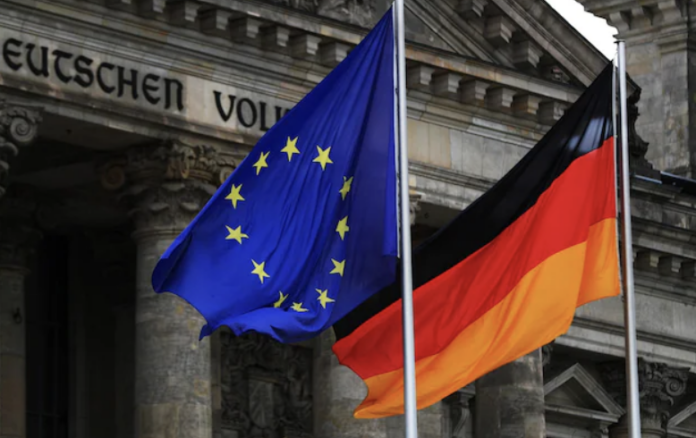BERLIN, March 21 – Two out of three German industrial companies think the European Union’s (EU) attractiveness as a business location has declined over the past five years, according to a survey published by the country’s Chamber of Commerce and Industry (DIHK) on Wednesday.
A majority of the 3,000 companies surveyed were positive about the political stability and the shared currency in the EU. “Despite its fundamentally good basis, Europe is in danger of losing ground in international competition,” Martin Wansleben, chief executive of the DIHK, warned.
Some 95 per cent of the companies surveyed saw an urgent need for the EU to reduce bureaucracy. “Instead of the promised reduction in bureaucracy, we are seeing more and more regulations,” said DIHK’s vice president Sibylle Thierer, reported Xinhua.
According to the survey, a secure and affordable energy supply is another key concern for German industrial enterprises. The country’s locational disadvantages have been growing for years due to high energy costs.
As a result, domestic companies are increasingly relocating production abroad, and foreign investments in Germany are decreasing, with only around 22 billion euros (about US$24 billion) of inflow last year, the lowest level in a decade, data from the German Economic Institute (IW) showed.
In the past three years, Germany has witnessed an increasing net investm, indicating that “these are not exceptional phenomena but the first symptoms of deindustrialisation,” the IW said last week. (1 euro = US$1.09).
















